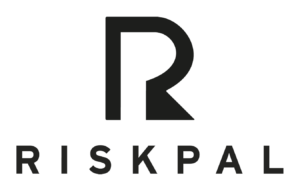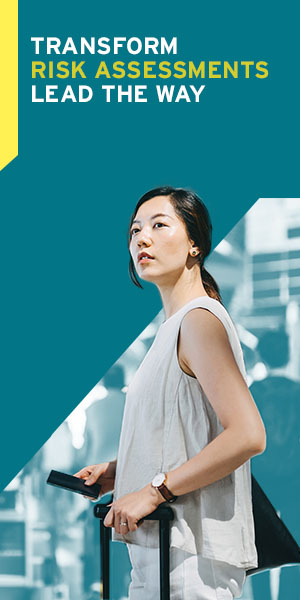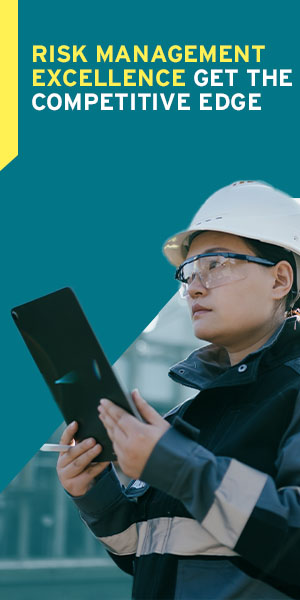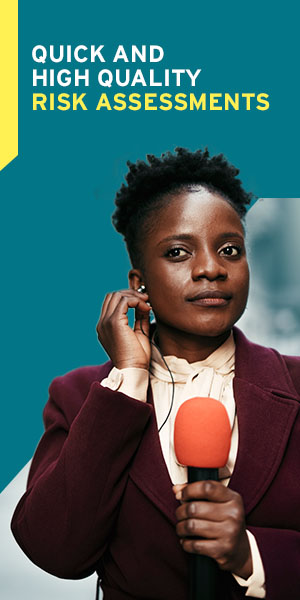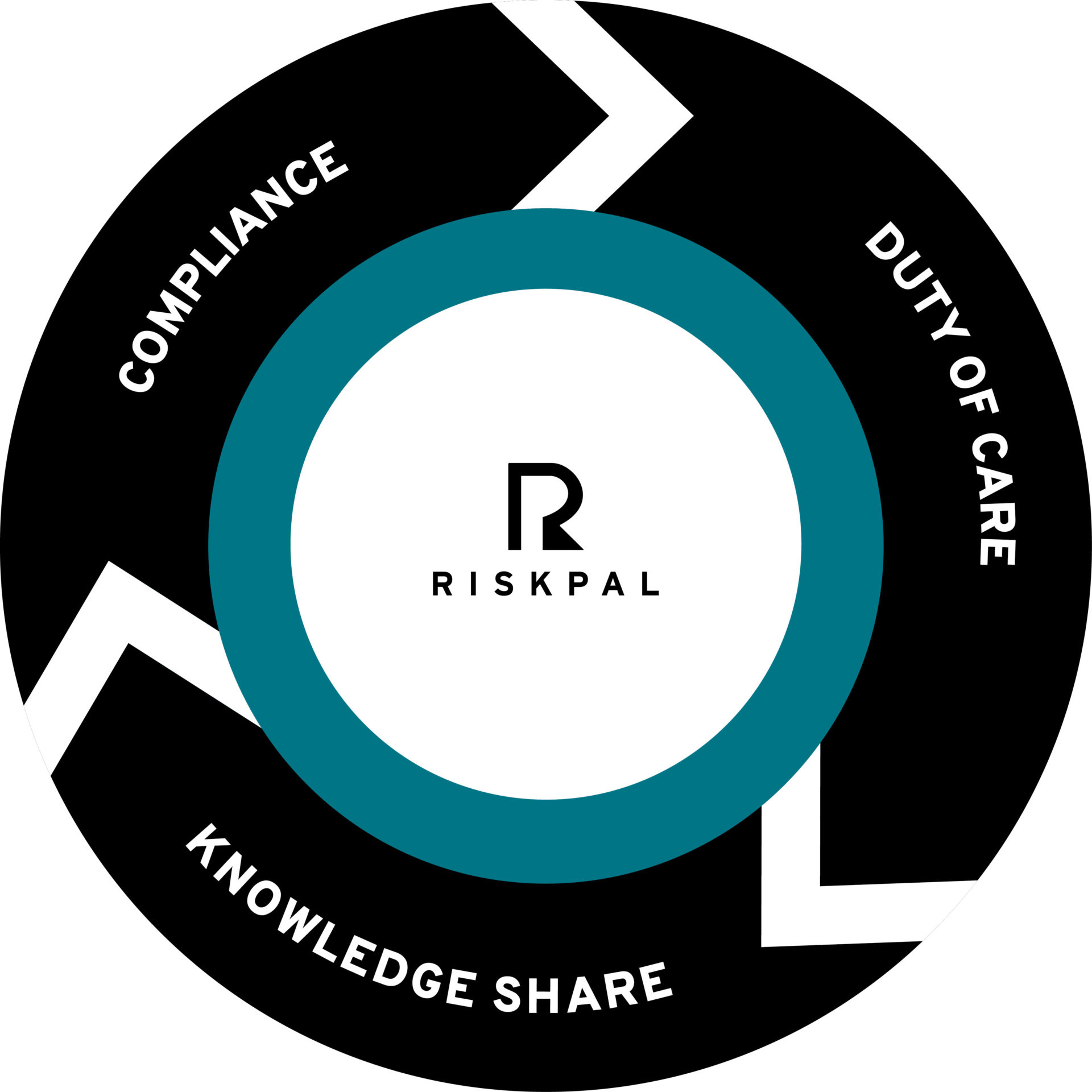
Getting ready for ISO 31030
The new ISO 31030 standard is undergoing final review ahead of publication later this year. Intended to be a benchmark for travel risk management standards, it will no doubt help organisations that are looking to bolster their Duty of Care and organisational preparedness regarding travel related risks.
Building on the solid risk management principals of ISO 31000, the standard seeks to comprehensively align the many facets of travel risk management, which have often been stitched together in an uneasy alliance of cost management, safety and/or competing departmental priorities. While ISO 31030 does rightly not prescribe responsibilities for travel management, it does seem to provide an umbrella framework to encourage more joined-up and collective ownership of travel risk.
The standard is extensive, covering an array of familiar travel risk management subjects such as travel policy, training, incident management and emergency response. I am just going to look at a few of these and, of course, add in how RiskPal can help!
Traveller Feedback
ISO 31030 recognises the value of feedback from returning travellers, yet most risk or travel managers I speak to have for years told me this is one of the hardest things to effectively achieve; you either need to spend every hour of your day chasing people or give up, expecting staff not to engage.
At RiskPal, we believe that returning travellers can be a company’s most valuable information source and can help improve safety for future travel. Through an automated feedback loop that rewards user participation by giving access to content shared by peers, we have gone some way to helping capture staff knowledge in a way that isn’t intrusive and doesn’t need a dedicated resource committed to chasing colleagues and data entry.
Third Party Risk
A lot of attention has been placed on hotel and accommodation safety, and quite rightly so. Safety (now including Covid-19) standards, cost and corporate affiliation schemes have long determined where travellers will stay. This will also take on an environmental dynamic, with accommodation providers increasingly vying for business on their green credentials.
RiskPal allows users to integrate third party / supplier information into an accessible database containing reviews from fellow employees who have used them before. Knowing you have access to a searchable list of tested or accredited suppliers helps reassure the traveller, can mitigate unexpected costs or accidents associated with unused providers, and can support your corporate third party compliance requirements.
The options in RiskPal go well beyond accommodation and can include all types of service provider from drivers to dining, security to sightseeing!
Comprehensive Risk Assessment
Hooray, some recognition that threats during travel are not just about the destination! This was one of the driving motivations behind developing RiskPal.
ISO 31030 acknowledges the importance of considering health and safety and activity-based threats in a risk assessment. The contrasts between visiting a nuclear plant, manufacturing facility, IDP camp or office might seem obvious, but they are often treated equally when just assessing location-based risks. It’s the same for InfoSec threats, which also need to be incorporated into your risk assessment as the digital and physical environments increasingly converge.
Looking Ahead
ISO 31030 will help committed organisations to improve their travel risk management and the new standard could really drive recognition of the importance of risk assessment for travel, especially in jurisdictions where this is not currently common practice.
Questions marks exist about senior management buy-in after a year where corporate travel has been decimated by the pandemic and in which ESG and carbon reduction targets look to reduce corporate travel. Conversely, it could be great timing, with ISO 31030 providing the opportunity to demonstrate to staff your commitment to high levels of travel safety. AAA Corporate Travel view it this way, in stating “the need for a robust, tested and formalized risk management process – that also gives travelers confidence – has never been more abundantly clear.”
RiskPal alone won’t make you “compliant” and you should be sceptical of any consultancy or product that says it will. There are a lot of ways to achieve the standards and the idea of compliance in a non-accredited standard is also somewhat subjective, likely to evolve and something I’ll leave to the lawyers and other risk management professionals to debate!
Third-party products or expert advice can certainly help, but achieving ISO 31030 standards ultimately needs to be driven by and supported from within an organisation. There is no one-size-fits-all solution and like all good travel management systems, it must be agile and responsive. The standard should not be burdensome and the good news is that many companies will already have a lot of the recommendations in place!
Contact us to find out more or to book a demo
Follow Our Socials
